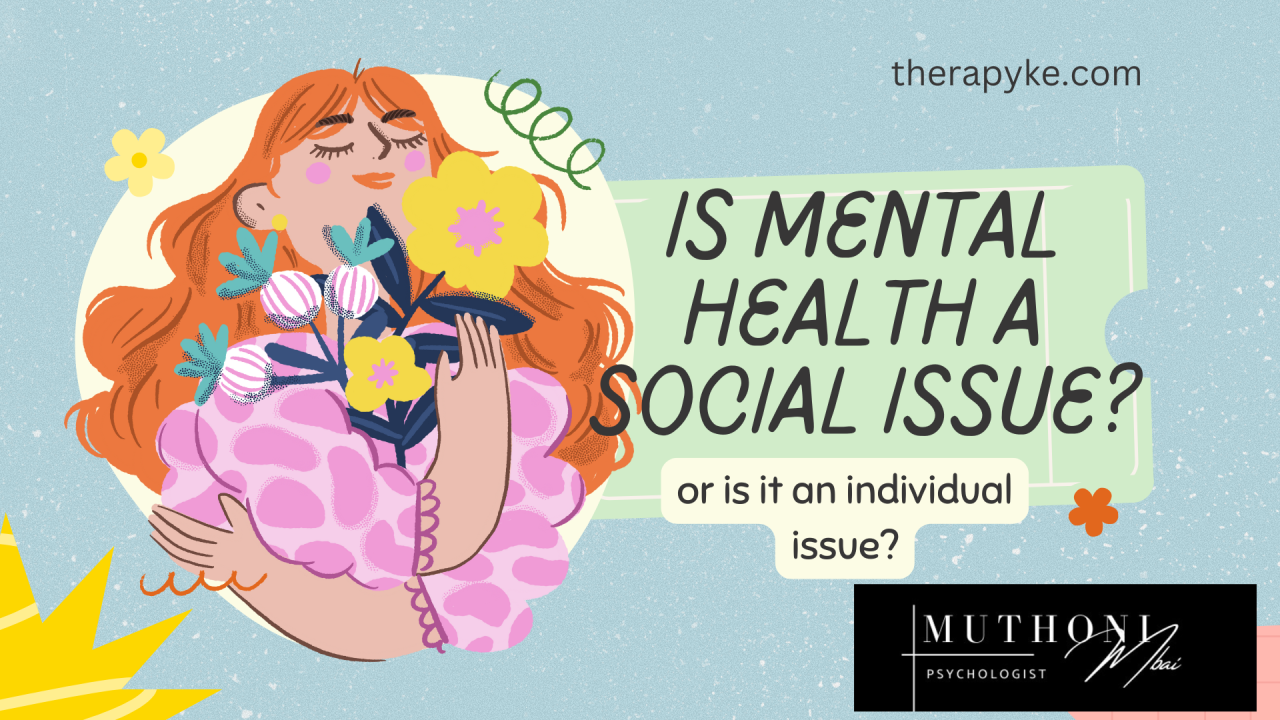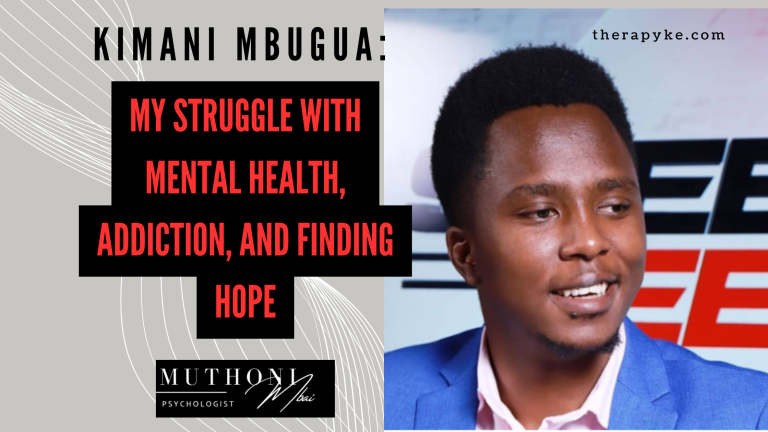
Is Mental Health a Social Issue?

Mental health, a subject often surrounded by stigma and misunderstanding, is increasingly being recognized for its critical role in shaping societies. But is mental health merely an individual concern, or does it extend into the realm of social issues? Spoiler alert: it’s both. Mental health profoundly impacts not just the individual but also communities, workplaces, and even economies.
In this article, we’ll explore why mental health is a social issue, the intricate nature of its societal implications, and how understanding this can pave the way for a more compassionate and inclusive world.
Why is Mental Health a Social Issue?
Mental health is a social issue because its effects ripple far beyond the individual, influencing families, communities, and even entire systems. Let’s break this down:
- Stigma and Discrimination: Mental health challenges are often misunderstood, leading to stigma that isolates individuals. This marginalization affects their ability to access jobs, education, and social opportunities, perpetuating cycles of poverty and inequality.
- Economic Impact: Poor mental health costs economies billions annually. For example, depression and anxiety disorders lead to a loss of productivity estimated at $1 trillion per year globally according to the WHO. This financial toll affects governments, employers, and society at large.
- Access to Care: Social inequalities determine who gets mental health support and who doesn’t. In low-income areas, access to quality mental health care is often a luxury, leaving vulnerable populations without help.
- Cultural Perceptions: In many cultures, mental health issues are viewed as personal failures rather than medical conditions. This social lens affects how people seek—or avoid—treatment.
When viewed collectively, these factors highlight how mental health isn’t just an individual matter. It’s a social issue that demands collective action.
What Kind of Issue is Mental Health?
Mental health is a multifaceted issue that cuts across different domains:
Public Health Issue: Mental health is a critical aspect of public health. High rates of depression, anxiety, and suicide are public health crises that require government intervention, policy changes, and widespread awareness campaigns.
Human Rights Issue: Everyone has the right to mental health care, but for many, this right remains inaccessible due to socioeconomic barriers, discrimination, and neglect. Addressing mental health from a human rights perspective can ensure equitable access for all.
Workplace Issue: Mental health affects productivity and workplace morale. Employers are increasingly recognizing the need for mental health initiatives to support employee well-being, yet the stigma surrounding these programs often prevents full participation. Think of your colleague’s reaction if they learnt that you were attending therapy session.
Educational Issue: Poor mental health in children and adolescents directly impacts educational outcomes.
I recently visited a school, and while waiting at the administration office to be served, I witnessed a student who, according to the principal, had been ‘expressing bizarre behaviors,’ being sent home. The student looked sad and helpless. Just as she was walking out, one of the staff members shouted, ‘You can’t be having counseling every now and then; this is not a mental health facility!’ My heart sank.
Schools need to integrate mental health education and resources to support students, parents, and educators alike.
Mental health isn’t just one type of issue—it’s interconnected with many sectors, making it a complex societal challenge.
Is Mental Health a Sociology Issue?
Absolutely. Sociology studies how societal structures and relationships affect human behavior and well-being. From a sociological perspective, mental health is deeply intertwined with social factors like:
- Social Inequality: Inequities in wealth, education, and healthcare lead to disparities in mental health outcomes. For instance, people in low-income brackets are more likely to experience mental health challenges due to stress, lack of resources, and limited access to care.
- Family Dynamics: Family structures and relationships significantly impact mental health. Supportive families can be a protective factor, while dysfunctional or abusive environments can contribute to mental health disorders.
- Community Support: Communities with strong social support networks can foster better mental health. Conversely, isolation or living in areas with high crime rates or poor living conditions can exacerbate mental health issues.
Sociology provides a lens to understand mental health not as an isolated phenomenon but as part of a broader social framework.
Is Mental Health a Sociocultural Issue?
Yes, mental health is a profoundly sociocultural issue, influenced by the norms, values, and beliefs of a society. Let’s explore how:
Cultural Attitudes Toward Mental Health: Despite the many campaigns to de-stigmatize mental health, in some cultures, mental health issues are still seen as a sign of weakness or spiritual punishment. These beliefs discourage individuals from seeking professional help, leading to untreated conditions and worsening outcomes.
Some patients, after being diagnosed and prescribed medication, throw away the medication after being convinced that their mental health condition—such as schizophrenia—can be treated spiritually rather than medically, believing it to be a form of spiritual punishment.
Gender Roles and Expectations: Societal expectations often pressure individuals to conform to specific roles. For instance, men may feel compelled to “stay strong” and suppress emotions, while women may experience higher rates of anxiety due to balancing societal and familial expectations.
Migration and Cultural Adjustments: Immigrants and refugees often face unique mental health challenges, including trauma from displacement and the stress of adapting to a new culture.
Media Representation: The way mental health is portrayed in the media shapes public perceptions. Positive and accurate representation can reduce stigma, while negative stereotypes can perpetuate misconceptions.
Understanding mental health through a sociocultural lens reveals the importance of tailoring interventions to align with cultural sensitivities and societal dynamics.
The Bigger Picture
Mental health is not confined to the individual—it’s a mirror reflecting societal priorities, values, and inequities. Addressing it as a social, sociological, and sociocultural issue is essential for creating a world where mental health is treated with the same urgency as physical health.
This article has just scratched the surface. The conversation about mental health is vast and ongoing—but every step counts in making it a social priority.



